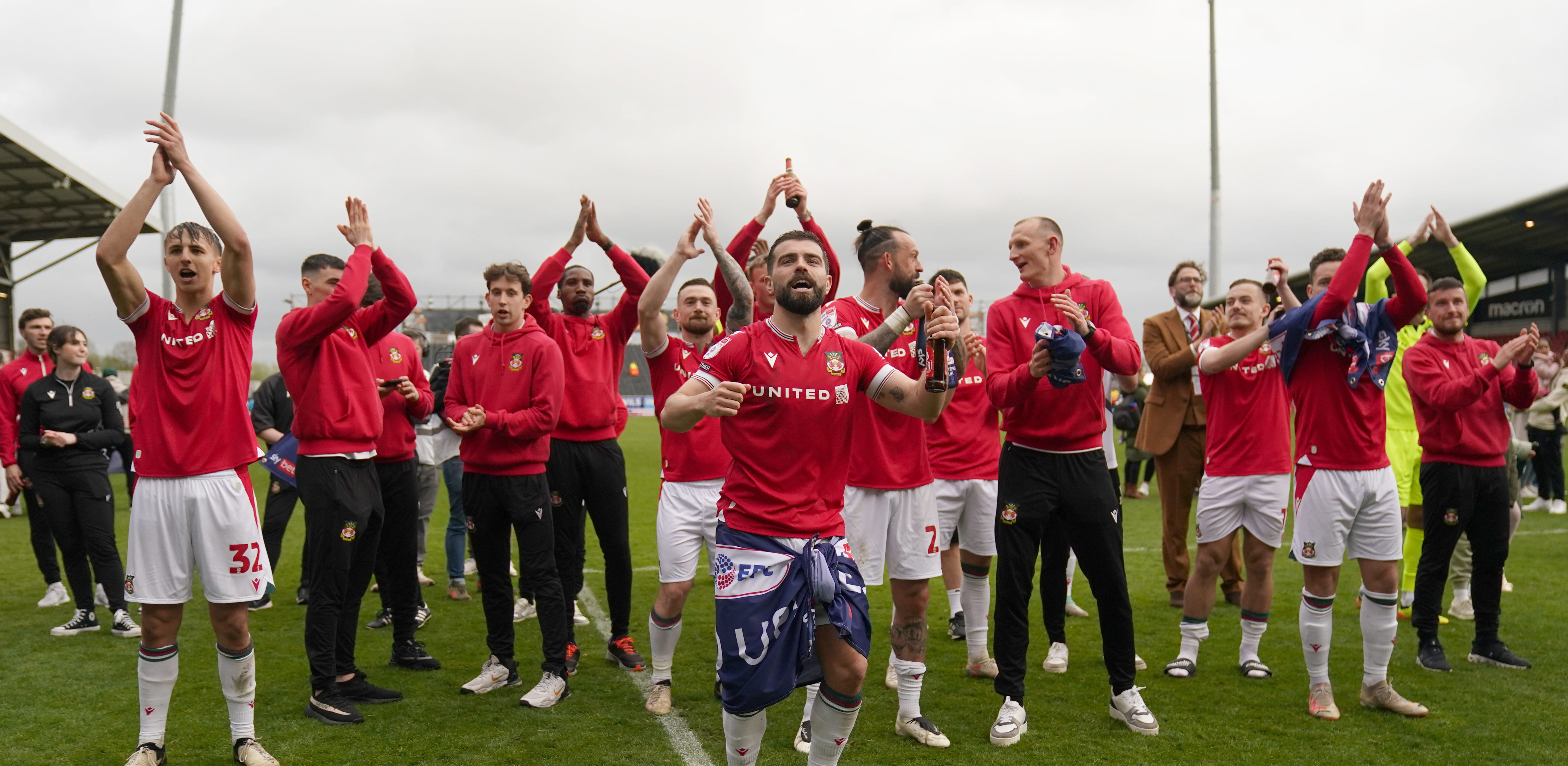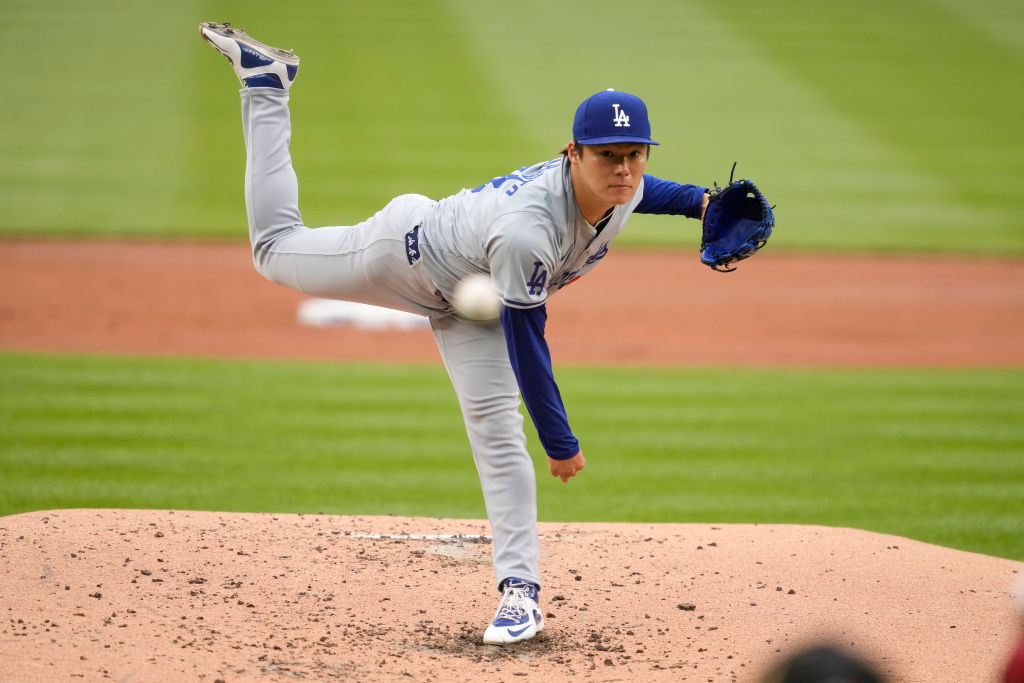"Sports is so minuscule in the minds of people who want to reach greatness and want to make change," Tarik Black says to a movie theater full of 500 students from Los Angeles Unified School District and from the organization Brotherhood Crusade. "I'm tremendously blessed to be a Los Angeles Laker and play basketball, but that is only a platform."
Armed with a master's degree in African American Studies from the University of Kansas, Black speaking in an inspirational and positive manner, providing thoughtful commentary and engaging in wide-ranging, expansive conversations is a common occurrence inside the Los Angeles Lakers' locker room. At the tender age of 24 and in only his second year in the NBA, the Memphis native often sounds wise beyond his years.
Black, though, is doing more than merely talking. He's acting.
To commemorate Black History Month, the 6-foot 9-inch highly educated Southern gentleman worked with Richard Thorpe and his marketing team at Ella Bee Media Group to put together an outing for 500 kids from Brotherhood Crusade and LAUSD to attend a private screening of "Race," a new film that chronicles Jesse Owens' road to four gold medals in the 1936 Olympics.
"I'm not only a basketball player; I'm a human being," Black tells his audience of students. "You are powerful. You can define yourself and what you want to be, and I just hope this film helps you realize that."
"I want the kids to be inspired," Black explains to NBCLA.com. "I'm a big believer in the adage that you don't know where you're going if you don't know where you come from."
The Lakers' big man refers to Owens as an "amazing man" because of the impact the Olympian had on American sports as a whole and not only the athletic achievements of the 1936 games.
Sports
Get today's sports news out of Los Angeles. Here's the latest on the Dodgers, Lakers, Angels, Kings, Galaxy, LAFC, USC, UCLA and more LA teams.
"Segregation was big back in those days, across sports," Black says with a slow, measured and slightly awestruck tone. "He went over [to Germany] and won four gold medals in one set of Olympics."
Owens' athletic achievements gain even greater reverence when considering the date: 1936. The NFL did not welcome its first black player until 1946, which was a year before Jackie Robinson broke Major League Baseball's color barrier. Soon after, the NBA drafted its first African American player in 1950. Owens, though, ran and jumped his way to four gold medals a full decade before any black athletes joined any of America's major sports leagues.
In many ways, Owens was the first African American sports star that crossed color lines, as he returned home from the 1936 games to a ticker tape parade of a million people in the streets of New York City. Owens carried America to four gold medals in the face of Adolf Hitler and the Nazis' propaganda of Aryan superiority. Quite literally, Owens went to Germany and defeated the Nazis on behalf of the United States—three years before World War II broke out.
"(Owens) just embarrassed every athlete that (Hitler) put out there," Black still celebrates Owens' successes 80 years later. "He's not just an African American that made history. He's an African American that made American history."
Owens won gold in the 100 meters, 200 meters, 4 x 100 meter relay and the long jump, and the film provides a great deal of background into the segregated racial climate in the United States that almost saw Owens skip out on the boat ride across the Atlantic as a form of protest. Instead, the sprinter took the ride and high-jacked the narrative of Hitler's Olympics and physically challenged the Nazis' dogma of Aryan superiority.
"I hope the kids enjoy the movie but they actually do get something from it and they understand the strife that African Americans made," Black says with hopeful eyes.
Black adds, "We're going to try to make this an annual thing—enlighten the kids."



